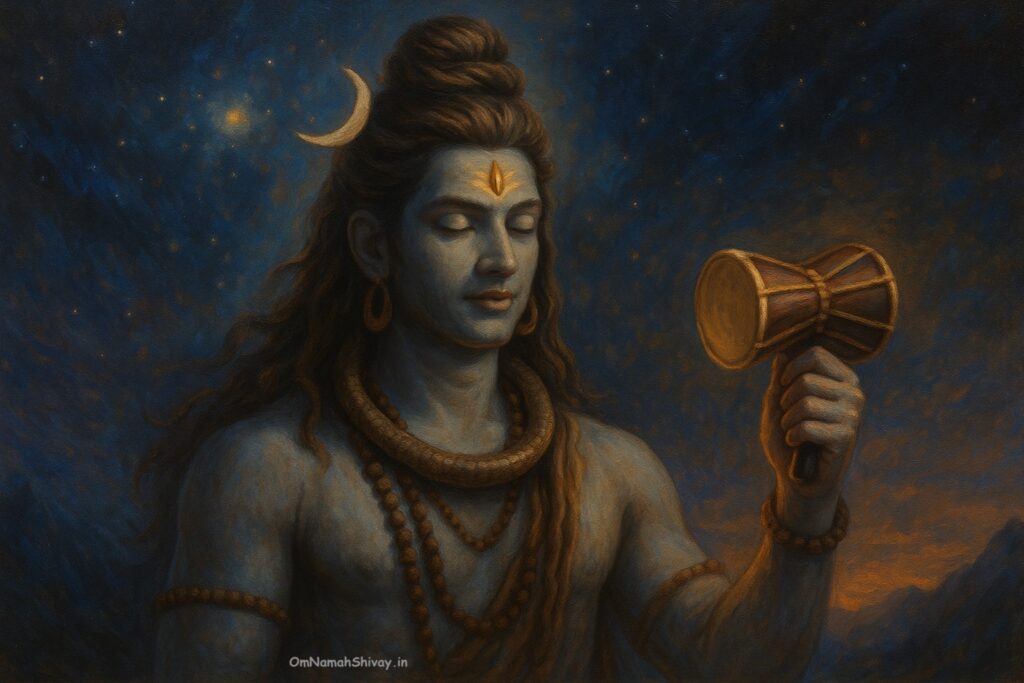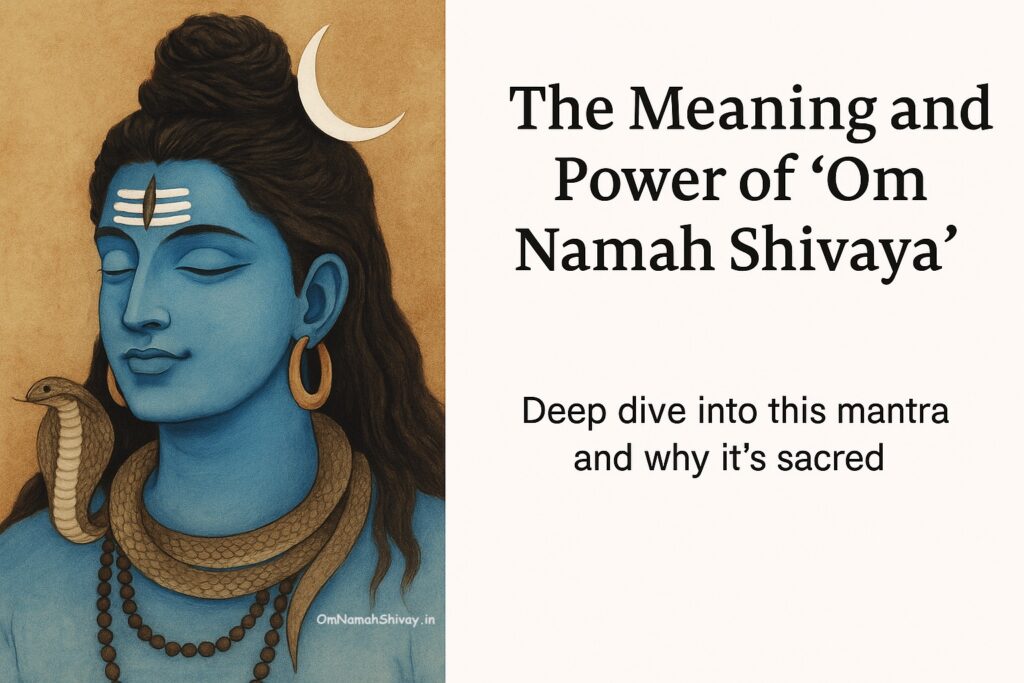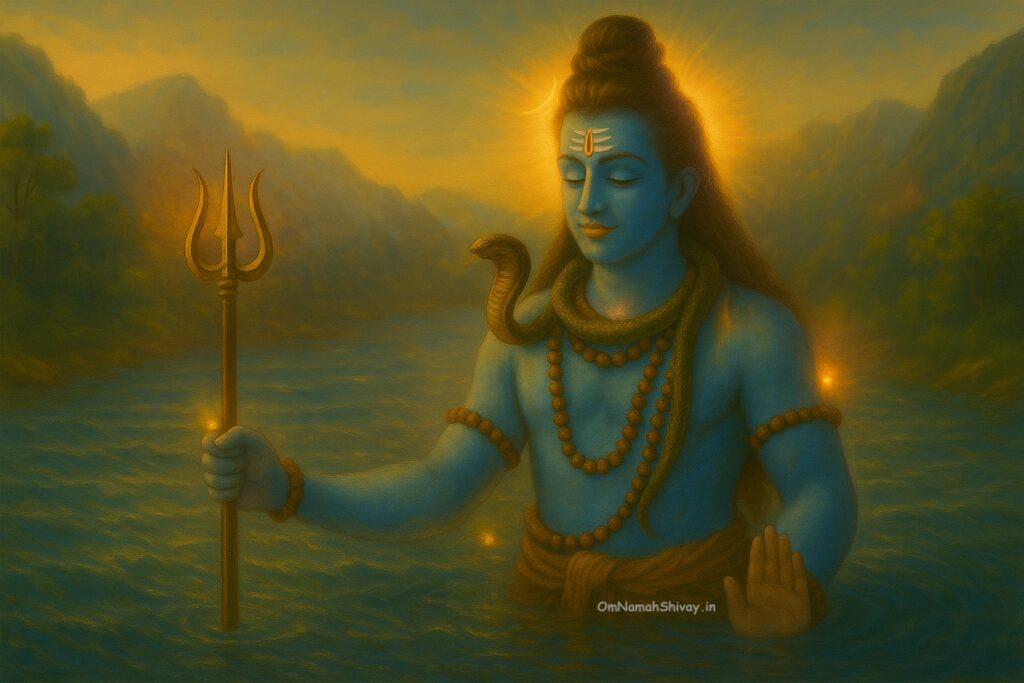The Power and Significance of the Damru in Lord Shiva’s Hand
Lord Shiva, often called the Destroyer and Transformer in the Hindu Trinity, is frequently depicted holding a small drum known as the Damru. Though it may look simple, the Damru holds profound spiritual and cosmic significance. Understanding its importance can deepen your appreciation of Shiva’s symbolism and help connect more closely with divine energies.

What is the Damru?
The Damru is a tiny two-headed drum shaped like an hourglass. Traditionally made of wood with leather drumheads on both sides, the Damru produces a distinct rhythmic sound when shaken. In Hindu mythology, the Damru represents the cosmic sound of creation — a vibration from which the entire universe emerges.
Symbolism of the Damru
- Creation and Destruction:
The rhythmic beats of the Damru symbolize the cycles of creation and destruction that govern the universe. Just as Shiva destroys to create anew, the Damru’s sound signifies constant cosmic motion. - Union of Opposites:
The two sides of the Damru represent masculine and feminine energies, life and death, motion and stillness — all dualities that coexist in perfect balance. - Sound of OM:
According to ancient scriptures, the sacred syllable “OM” — the sound of the universe — was born from the vibrations of Shiva’s Damru. Thus, the Damru is a sonic representation of the infinite. - Control over Time:
The hourglass shape of the Damru hints at the control of time — a theme heavily associated with Lord Shiva, who transcends time itself.
Importance of the Damru in Shiva’s Dance (Tandava)
When Lord Shiva performs the Tandava, his cosmic dance of creation and destruction, he holds the Damru in his right hand. The sound of the Damru is said to regulate the rhythm of the universe — the heartbeat of existence itself. Each beat sets into motion the process of birth, life, and death.
Damru and Spiritual Awakening
- Energy Activation:
In yogic practices, the Damru symbolizes the awakening of dormant energies (Kundalini Shakti) within a practitioner. - Chanting and Meditation:
Some sadhus (holy men) use the Damru to accompany mantras and chants, amplifying spiritual vibrations and aiding deeper meditation. - Protection from Negativity:
Many devotees believe that the sound of the Damru clears negative energies and attracts divine protection.
Why Devotees Keep a Damru at Home
- To invite positive vibrations
- To strengthen their spiritual connection with Shiva
- To symbolize balance and cosmic harmony in everyday life
Keeping a Damru on your home altar is not just symbolic; it becomes a reminder to stay centered amid life’s endless cycles of change.


